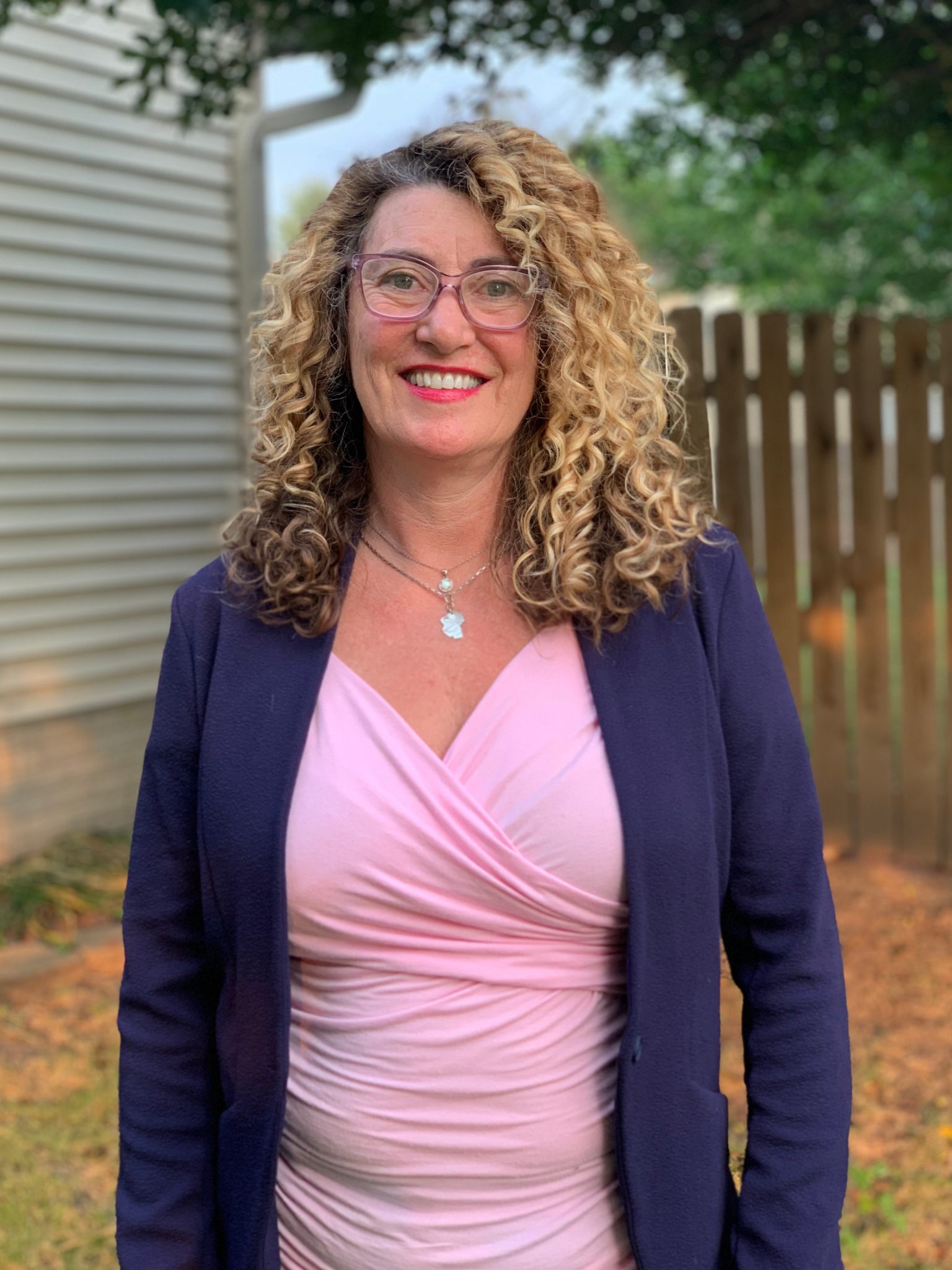SIWA Therapeutics, Inc. has developed 318H, a monoclonal antibody that we believe can become a broadly effective cancer immunotherapeutic. Most recently, we showed that 318H enabled complete remission of pancreatic cancer in vivo in humanized mice – we hope to file an IND application for pancreatic cancer next year.

Our founder/CEO, Lewis Gruber, focused on senescent cells (“SCs”) and cancer cells. Both kinds of cells exhibited: (a) an abnormally high level of glycolysis (Warburg effect) and (b) oxidative stress. He identified an advanced glycation end product (“AGE”) biomarker common to both kinds of cell and developed 318H to selectively target that biomarker. We now know that, microbially infected cells and other dysfunctional oxidatively damaged cells also have our marker. We have shown in vitro binding to all three kinds of cells, including SARS-CoV-2 (COVID-19) and Influenza A infected cells.
Aging is associated with the accumulation of oxidatively damaged cells, which are dysfunctional not only to the point of failure to perform normal functions, but even to the extent that they can become cancerous or secrete factors which interfere with functioning of other cells. Such damaged cells can be senescent and nondividing due to cell cycle arrest, to the degree that they do not participate in regenerating the oxidatively damaged tissue and inhibit other cells from doing so.
Removing oxidatively damaged cells is a way to remove effects of aging and related diseases. We first used 318M, a mouse homolog of 318H that was specific to oxidatively damaged cells. We then injected 318M into very old mice, which were known to have accumulated SCs. The antibody caused a reduction in SCs and resulted in muscle regeneration back to the level of young mouse controls.
Knowing a biological relationship between cell cycle arrest and invasiveness, 318M, a 318H mouse homolog, was injected into a fully metastasizing mouse triple negative breast cancer model, resulting in tumor reduction and a statistically significant reduction of lung metastases. Satisfied that the monoclonal performed as expected, Lewis then had the antibody humanized by a group in Belfast to prepare for human applications by modification to avoid rejection responses in patients. The product of this process is designated SIWA318H.

WHY CHICAGO?
We built our prior company around technology licensed from the University of Chicago. We found a more reasonable cost of living in Chicago compared to other potential cities, as well as a high caliber of universities and research institutes from which to both attract talent and to perform contract research for us, we decided to stay in Chicago. Also, there are new sites being developed around the universities that can provide the type of expansion space we will need. For the near future, we will continue to rely on CROs and sponsored research at universities like the University of Illinois as well as institutes such as IITRI in Chicago.
MILESTONES/INNOVATIONS
Lewis Gruber exploited the commonality between aging/SCs and cancer cells into developing SIWA318H through application of that commonality into identifying the crucial link targetable by 318H to trigger immune removal of SCs and cancer cells thereby treating the diseases they cause.
In our first in vivo study (mice), 318M, statistically significantly reduced P16INK4a expressing cells (a known marker for SCs) in old mice (20+mos.) back to the level of young mouse controls. P16INK4a expressing cells promote epithelial to mesenchymal transition, an important element in motility and invasiveness – key features of metastasis, which accounts for about 90% of cancer deaths metastasis is a major cause of mortality in patients with pancreatic cancer.
In our second in vivo study (mice): 318M reduced cancer metastasis in a syngeneic mouse breast cancer model used for studying metastasis. Charles River Laboratories International, Inc. (“CRL”). performed both 318M in vivo studies for us.
In our third in vivo study, we identified half-life and other pharmacological / toxicological parameters of 318H in non-human primates. In that study, done by CRL, we saw no adverse effects even at high doses. Dr. Gabriela Rossi, joined us in late 2020 to lead our move toward our first upcoming clinical. She brings both clinical trial and cGMP production expertise to our team.













